Inside the West London rowing club breaking down inequalities within rowing and tackling food insecurity
"We teach the true meaning of teamwork"
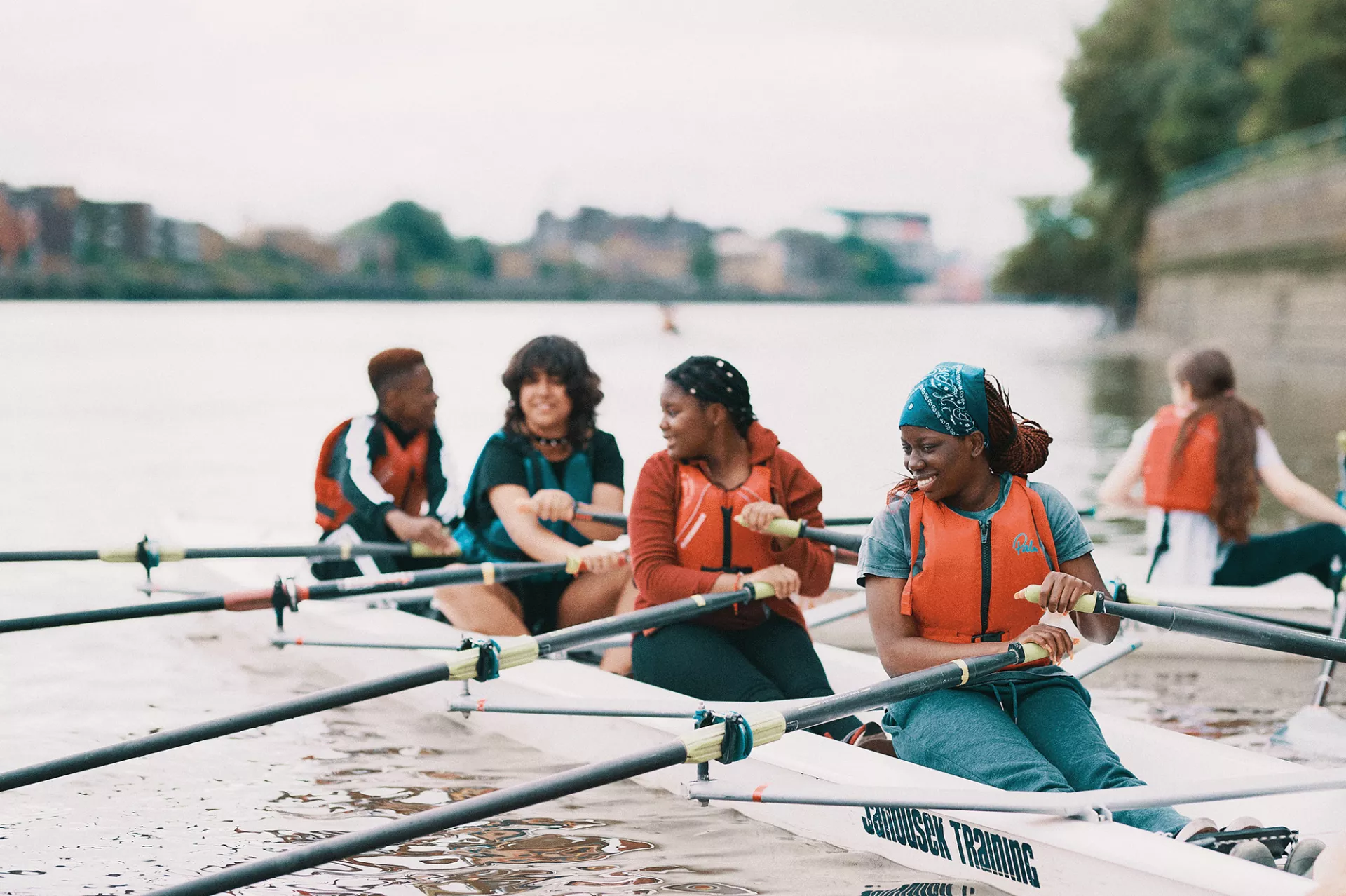
Fulham Reach Boat Club are offering every state school in the London Borough of Hammersmith and Fulham access to rowing, thanks to funding from Active Thames
By Emma Blackmore
A West London rowing club is shattering the stereotype that rowing is a sport for privately educated children only. Through their state school rowing project, Fulham Reach Boat Club is providing every pupil in all state secondary schools in Hammersmith and Fulham, and two schools in Kensington and Chelsea, the opportunity to learn how to row.
The project is one branch of four that makes up the club’s ‘Rowing for All’ ethos and their mission to improve lives through rowing. It has been funded by Active Thames, an initiative led by the Port of London Authority that aims to increase diversity and inclusivity within watersports.
It comes at a time when a staggering 83% of schools registered with British Rowing, the national governing body of rowing, are fee-paying schools. Despite this, 91% of children attend non fee-paying schools.
The rowing club and charity was founded in 2014 by rower and coach Steve O’Connor who wanted to help thousands of teenagers from deprived backgrounds unlock their potential.
Fundraiser manager Julia Philipson said: “We aim to provide access to rowing to a cross-section of the community, especially those who are most in need because of financial or social circumstances, and help them realise their full potential, both on and off the water.
“The aim is that every single year nine child, aged 13, will have an equal opportunity to try rowing through the six week course at the club. We start with the basics: rowing strokes, getting in and out of the boat, security and safety. This happens quite quickly but the most important element we want them to experience is being out on the open water in London.”
Julia explains some young people can’t swim and are nervous on the water, but compulsory life jackets and a 1:4 coach to participant ration plus lots of encouragement from coaches puts the young people at ease. “We teach the true meaning of teamwork, focus, confidence and communication through rowing. Without these attributions, it’s really quite hard to get the boat to move. Perhaps some young people don’t easily learn within a classroom, but through the physical literacy of rowing and being out in the middle of the tidal Thames, they pick up the skills quite quickly.
“What we are doing is really unprecedented. I don’t think there’s another borough where every single state school has access to rowing. As a result, we have had 12,231 pupil participant sessions on the water this year.”
52% of the club participants are from ethnically diverse communities. In stark contrast, only 4% of ethnically diverse communities make up British Rowing membership.
Julia Philipson
fundraiser manager, Fulham Reach Boat Club
During easter and summer holidays, the club provide free-to-attend junior community courses and free meals for students on pupil premium, in an effort to tackle food insecurity. “We offer a solution over the summer holidays: students [have] somewhere good to be, something to do and good food to eat,” Julia explained. Junior member bursaries are also available to local young people who are determined to row more, but may not have the financial means to continue.
The club, which was British Rowing Club of the Year 2021/2022, also have a Boats not Bars project that helps reduce the reoffending rate of serving prisoners by providing access to rowing.
The club have 26 paid coaches, each with a minimum of Level 2 British Rowing coaching qualification and a powerboat license, and participants enjoy a 1:4 coach-to-student ratio. Adaptive measures are also in place to allow for higher accessibility; including adapting equipment for people with disabilities.
“Rowing provides a completely different outlet,” Julia said, “in a boat there’s nothing else going on. You can just focus on the peacefulness and be away from technology and everything else.”
The club also enjoy gender parity, with 59% of participants being young women. “The age we are attracting girls into the sport, between 13 to 18 years old, is exactly the age when girls start dropping out of sport,” Julia explained. “As a participation club, rather than performance, the kids learn to grow and develop a lifelong love of the sport. The byproduct of that is they get pretty good at it! They do go and compete and occasionally they will compete in mixed crews.”
A schoolteacher from Hammersmith Academy believes the rowing project has allowed local young people to engage in deeper connections outside of school. “A student told me he had brought his family down to the river one weekend to show them it,” the teacher explains. “His family moved to London a few years ago and live nearby but had never walked down to see the river nor knew how close and beautiful it was. He was really happy that he was able to teach his family about the river and share this with them, and really proud to tell me about this too.”
She continued: “The rowing sessions bring a smile to the young people’s faces every Friday. They all find it frustrating at first and I think when they learn to persevere and come along for a few sessions they get great satisfaction from learning new skills and seeing London from an angle that they wouldn’t otherwise get to enjoy.”
Related content
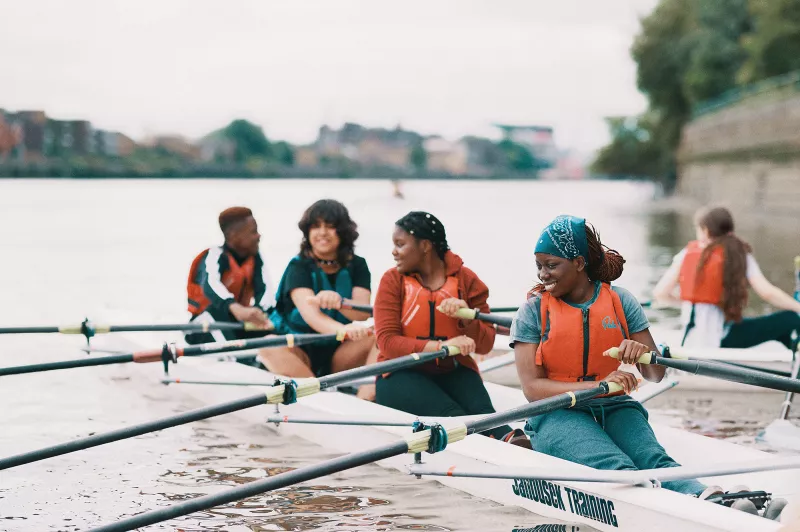
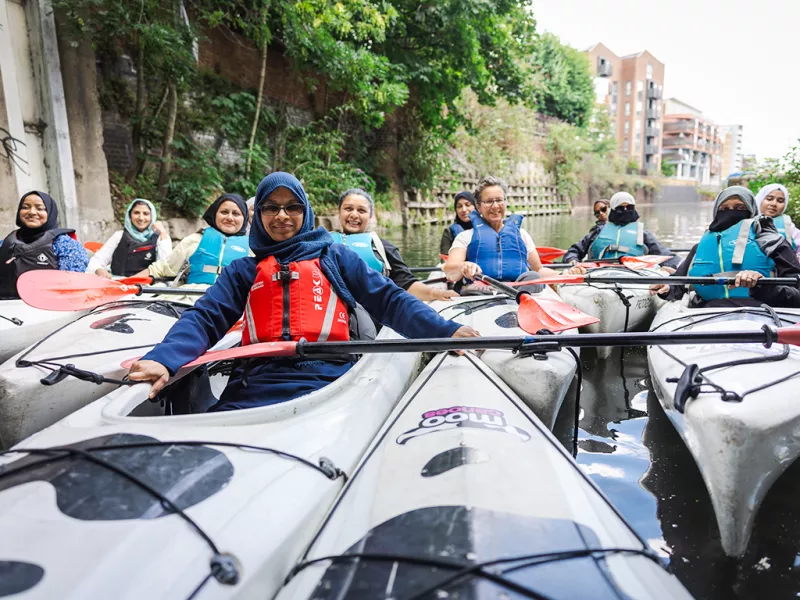
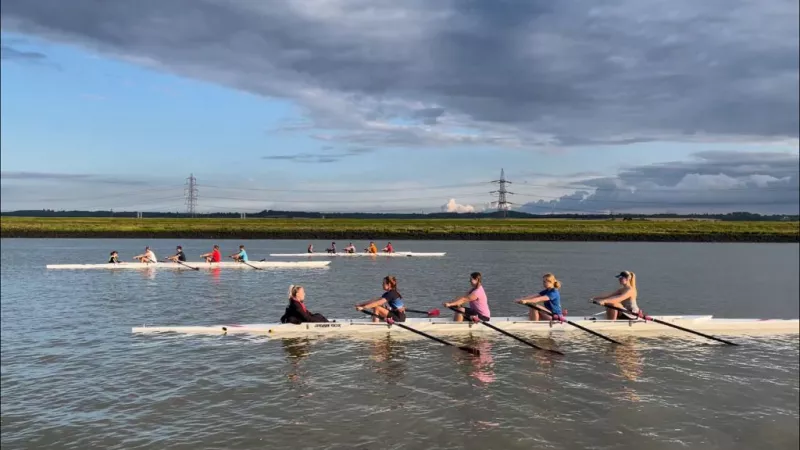
Rowers feel empowered
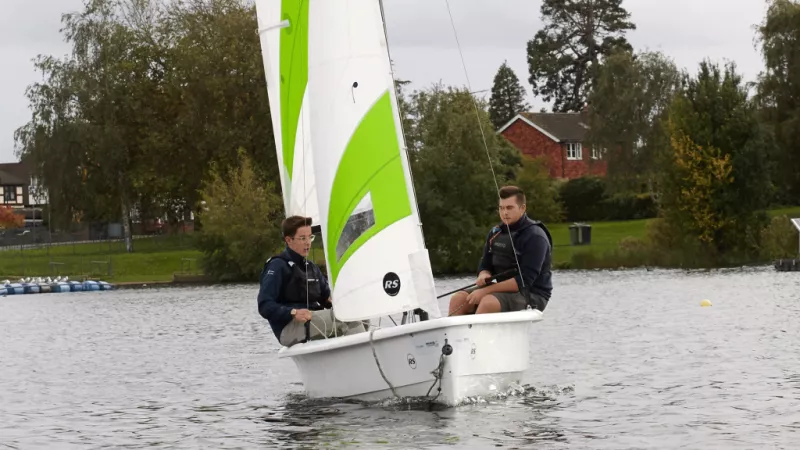
"The whole community works together"

